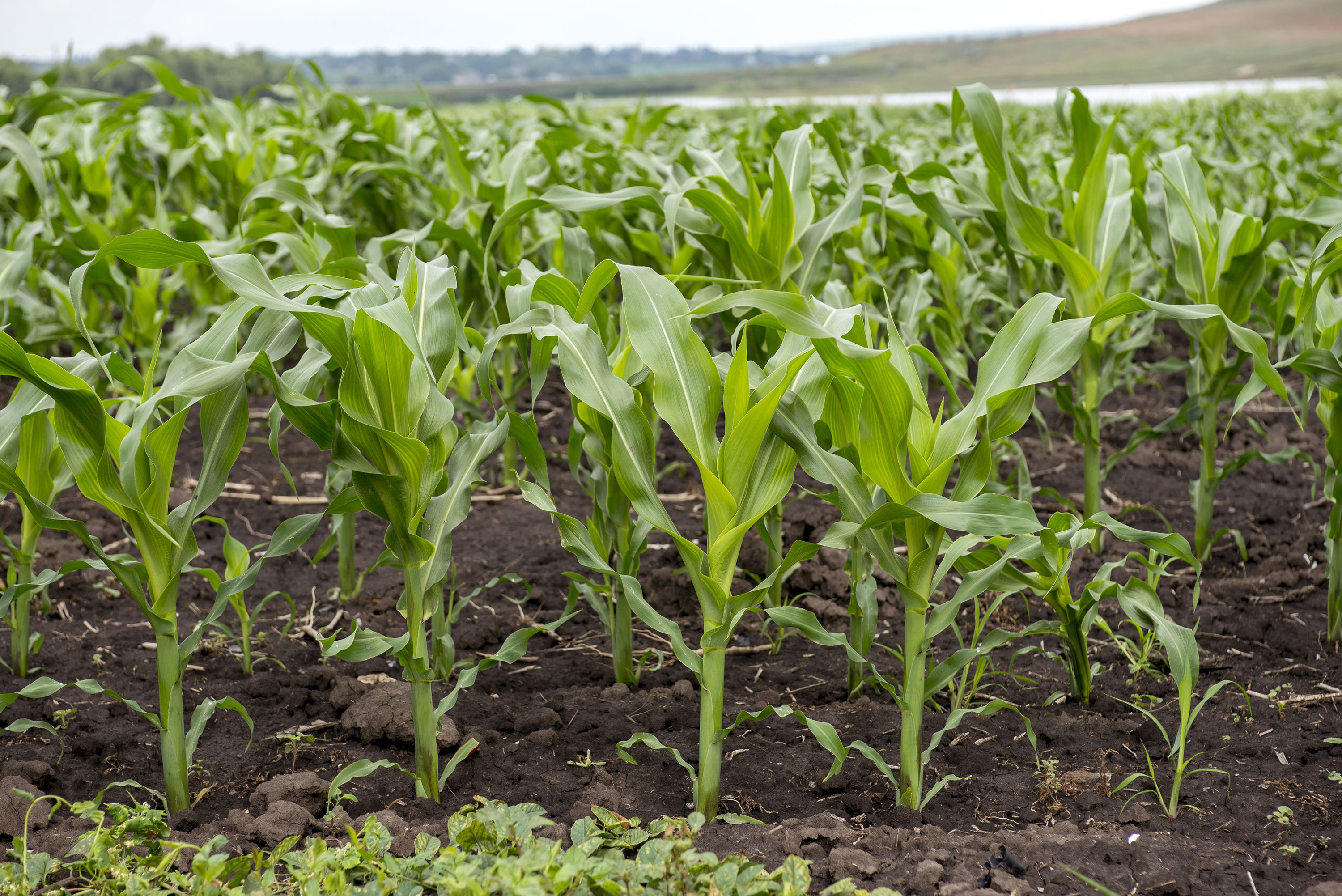FAO and Japan to help Moldovan rural households overcome multiple crisis effects

©FAO/Dorin Goian
A partnership between the Food and Agriculture Organization of the United Nations (FAO) and the Government of Japan is sustaining agricultural production and safeguarding food and nutrition security for highly vulnerable households in the Republic of Moldova, which is affected by the ongoing war in Ukraine and recent, extreme weather conditions.
A project of USD 840 000 will be implemented by FAO with financial support from the Government of Japan to help over 3 600 highly vulnerable farming households in rural communities. The project is part of the FAO emergency programme in the Republic of Moldova and will contribute together with two other projects in mitigating the effects of the ongoing crisis.
"Together with FAO we are supporting smallholder farmers and will contribute to ensuring food security in the Republic of Moldova," said Yamada Yoichiro, Ambassador of Japan to Moldova. "We [the Government of Japan] will continue to provide support for the people of Republic of Moldova, who are affected by the aggression of the Russian Federation against Ukraine."
The latest FAO report on Crop and Food Supply Assessment in the Republic of Moldova states that smallholder farms are the agriculture producers who suffer the greatest negative impacts from drought and war. Their access to seeds, animal feed, and fertilizers is limited and high credit interest rates are constraining their ability to utilize financing services. In response, the project will supply agriculture inputs to small farmers and use FAO expertise to build their resilience against future shocks.
FAO Representative in the Republic of Moldova, Raimund Jehle, is confident that this project will reach its aim: “This project is crucial for farmers facing a difficult situation due to war, drought, and high agriculture input prices. Without urgently needed assistance, income losses and higher food insecurity are looming. We are excited to partner with the Government of Japan to boost the socio-economic recovery of the country by building together a resilient, sustainable, and green agrifood system”.
The beneficiaries will receive timely and season-sensitive agricultural inputs for cereal and vegetable cultivation and livestock raising. All inputs provided will be complemented by technical training on good agricultural and climate-resilient techniques and practices.
"This project is an essential step forward, enabling thousands of vulnerable farming households, affected by war or extreme weather conditions with much-needed support so that they may reestablish production and attain self-sufficiency,” said Vladimir Bolea, Minister of Agriculture and Food Industry of the Republic of Moldova. “We appreciate the generous support of the Government of Japan and continuous FAO efforts in mobilizing funds for developing the agrifood system.
The activities and implementation of this project will embrace inclusiveness on the principle to ‘leave no one behind’, including during the beneficiary selection process. Special attention will be given to, but not limited to, women-headed households, youth, households consisting of persons with a disability, refugees from Ukraine, and elderly members.
The outcomes of the project will be far-reaching, enhancing agricultural production and productivity and creating a marketable surplus to generate income for vulnerable families. Furthermore, those households who receive support from this initiative have the potential to become economically self-sufficient throughout the next season and beyond. Additionally, capacity-building efforts will greatly benefit participants, equipping them with knowledge and experience on best agricultural practices, animal husbandry, and training on climate-resilient techniques.
Since March 2022, FAO has been implementing in the Republic of Moldova an emergency programme with a total budget of nearly USD 3.5 million, with USD 500 000 from the Organization’s own funds and the remainder contributed by other donors.
26 January 2023, Chisinau, Republic of Moldova
